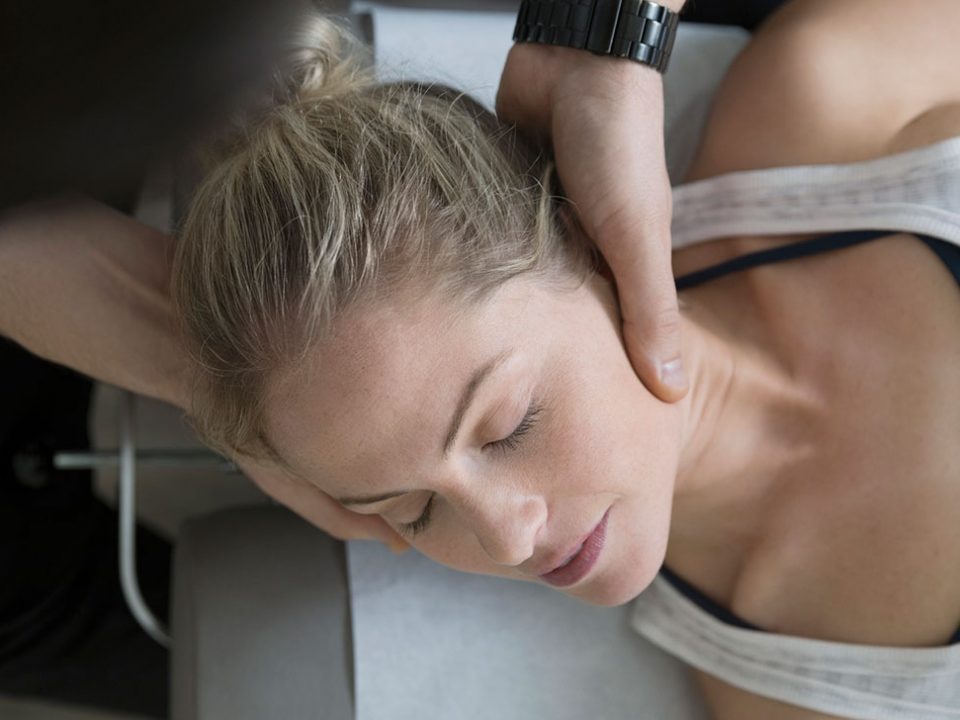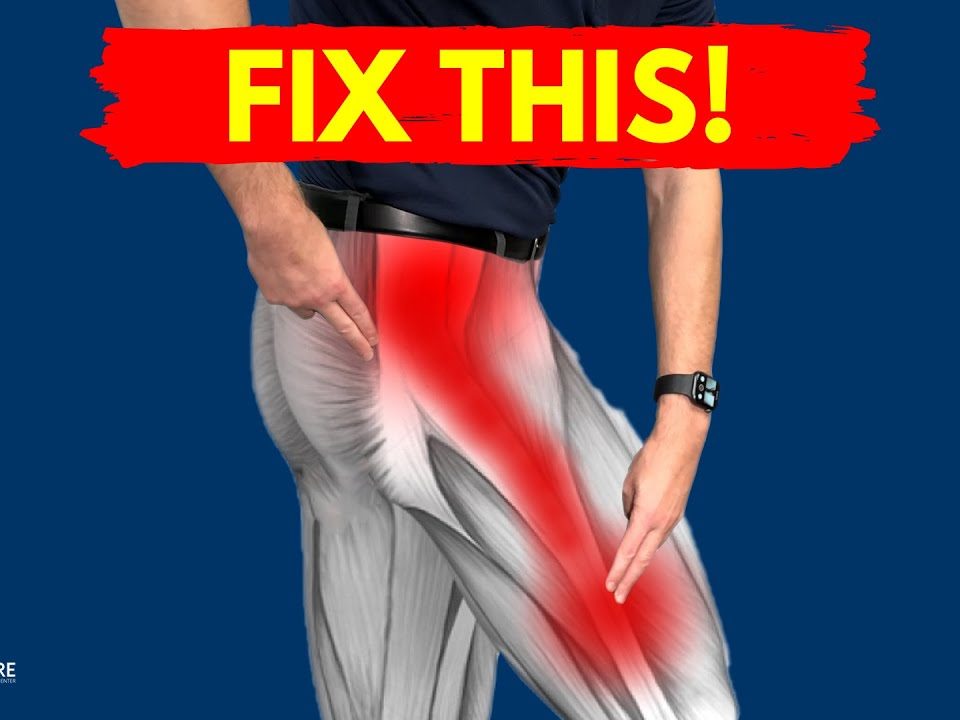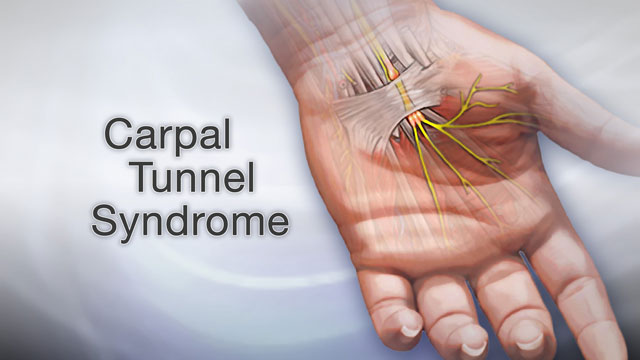Chiropractic Adjustments don’t Cause Stroke: A Population-Based Case-Crossover Study from the National Institute of Health

An oddly common concern for many patients, and people in the public is that neck adjustments can cause stroke. Below is an excerpt from one article that has been released by the National Institute of Health by the National Stroke Association that shows no causal relationship between chiropractic and stroke.

BACKGROUND:
Chiropractic manipulation is a popular treatment for neck pain and headache, but may increase the risk of cervical artery dissection and stroke. Patients with carotid artery dissection can present with neck pain and/or headache before experiencing a stroke. These are common symptoms seen by both chiropractors and primary care physicians (PCPs). We aimed to assess the risk of carotid artery stroke after chiropractic care by comparing association between chiropractic and PCP visits and subsequent stroke.
METHODS:
A population-based, case-crossover study was undertaken in Ontario, Canada. All incident cases of carotid artery stroke admitted to hospitals over a 9-year period were identified. Cases served as their own controls. Exposures to chiropractic and PCP services were determined from health billing records.
RESULTS:
We compared 15,523 cases to 62,092 control periods using exposure windows of 1, 3, 7, and 14 days prior to the stroke. Positive associations were found for both chiropractic and PCP visits and subsequent stroke in patients less than 45 years of age. These associations tended to increase when analyses were limited to visits for neck pain and headache-related diagnoses. There was no significant difference between chiropractic and PCP risk estimates. We found no association between chiropractic visits and stroke in those 45 years of age or older.
CONCLUSIONS:
We found no excess risk of carotid artery stroke after treatments. Associations between chiropractor and primary care physician visits and stroke were similar and likely due to patients with early dissection-related symptoms seeking care prior to developing their strokes.
The full pubmed link is posted here. https://www.ncbi.nlm.nih.gov/pubmed/27884458



